
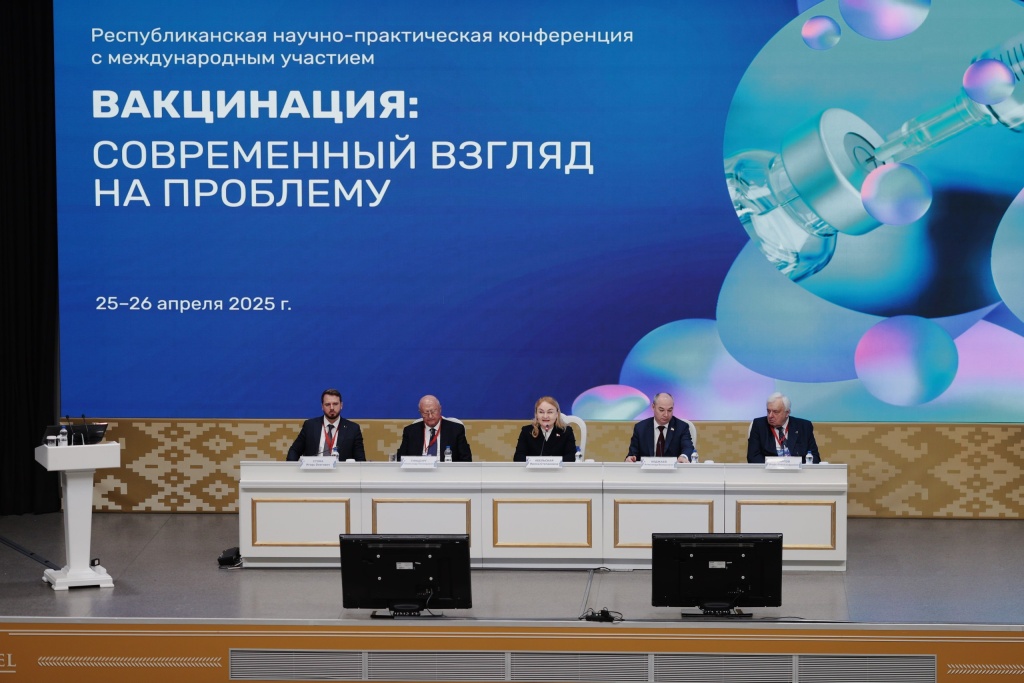
On April 25-26, 2025, Minsk hosted a large-scale scientific and practical conference “Vaccination: a modern look at the problem”, which brought together more than 660 specialists from 5 countries. Of these, 470 people participated in person, and about 200 connected online on the first day of the forum. More than 40 reports covering topical issues of vaccine prophylaxis were delivered. Organized by the Republican Clinical Medical Center and the Ministry of Health of Belarus, it became a platform for dialogue between doctors, epidemiologists and Nobel laureates on the challenges of the 21st century - from antibiotic resistance to population aging.
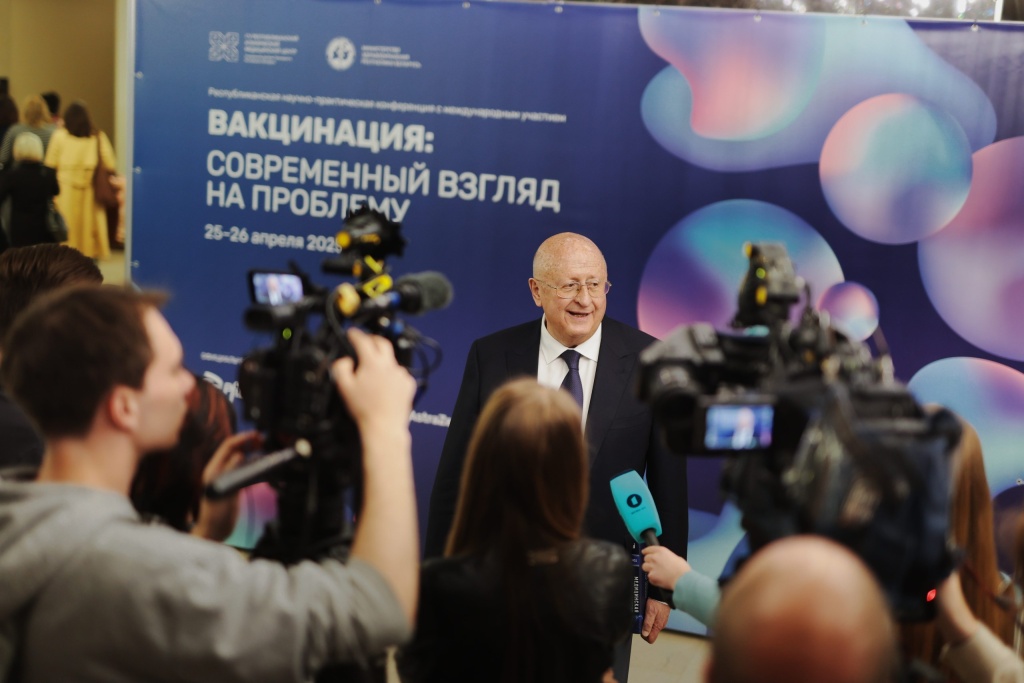
The main event was a presentation by Alexander Gintsburg, the creator of the Sputnik V vaccine. He confirmed: technology allows developing preparations in a month, and personalized cancer vaccines are already a reality.
— But in order to implement them, we need a regulatory framework, Gintsburg emphasized. - It is not a specific drug that should be registered, but the technology of its creation.
No less revolutionary was the report by Olga Tkacheva, Chief Geriatrician of the Russian Ministry of Health. She cited the data:
— Pneumococcal vaccination after age 65 reduces the risk of stroke by 33% and heart attack by 48%. And those vaccinated against influenza can more easily tolerate COVID-19.
A scientist has linked childhood infections to diseases of old age:
— Diphtheria in childhood increases the risk of Alzheimer's disease. Vaccination is a simple way to prolong life and should be included in clinical guidelines, even for cardiology.
Numbers that change the world
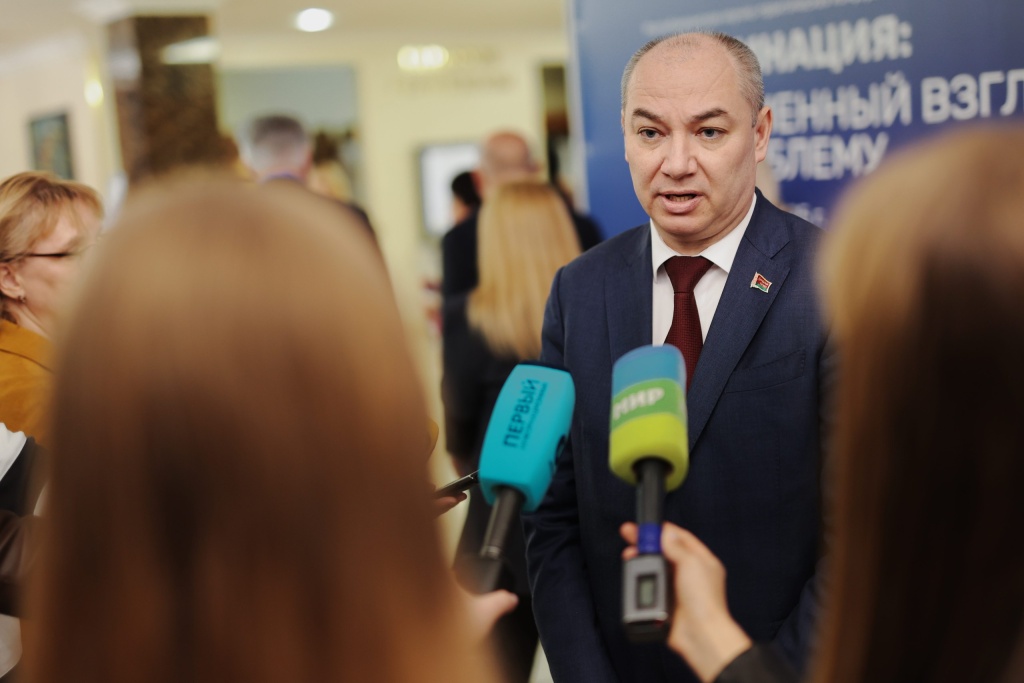
Minister of Health of Belarus Alexander Hodzhayev announced the results for the country:
— 97% of children and 95% of adults have been immunized. This made it possible to eliminate poliomyelitis, measles and rubella.
In 2025, HPV vaccination for 11-year-old girls and a booster dose of pertussis for six-year-olds were added to the vaccination calendar. During the year, 5 million doses were administered - that's 13.7 thousand vaccinations every day.
Professors from South Africa said: antibiotic resistance requires urgent action. The solution is vaccines and monoclonal antibodies, not new antibiotics.
— "Superbacteria kill up to 1.3 million people a year. We are losing the race", noted one speaker.
A colleague from Kyrgyzstan shared his experience in implementing vaccine prevention programs, and Belarusian doctors presented algorithms for dealing with refusals to vaccinate.
Dementia and vaccines: why science is more important than myths
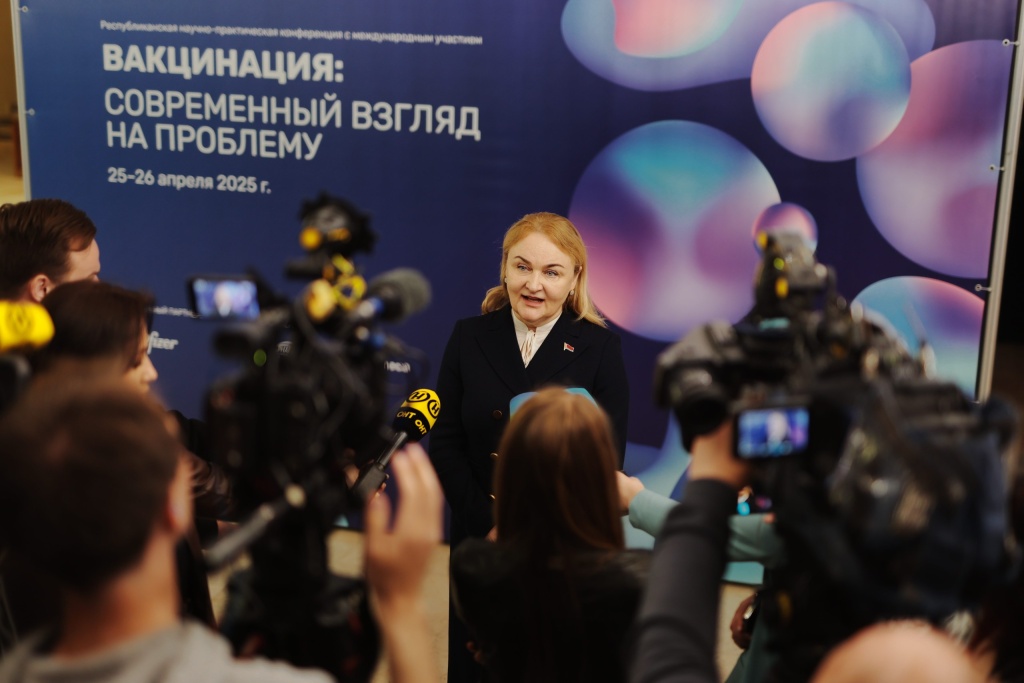
Despite the successes, the problem of mistrust persists.
— "People believe the advertising of dietary supplements, but ignore the proven benefits of vaccines," said Irina Abelskaya, chief physician of the Republican Clinical Medical Center.
At the same time, studies show that regular vaccination can reduce the risk of dementia. This is especially true for the world's aging population, where every 3rd person over 80 suffers from cognitive impairment. 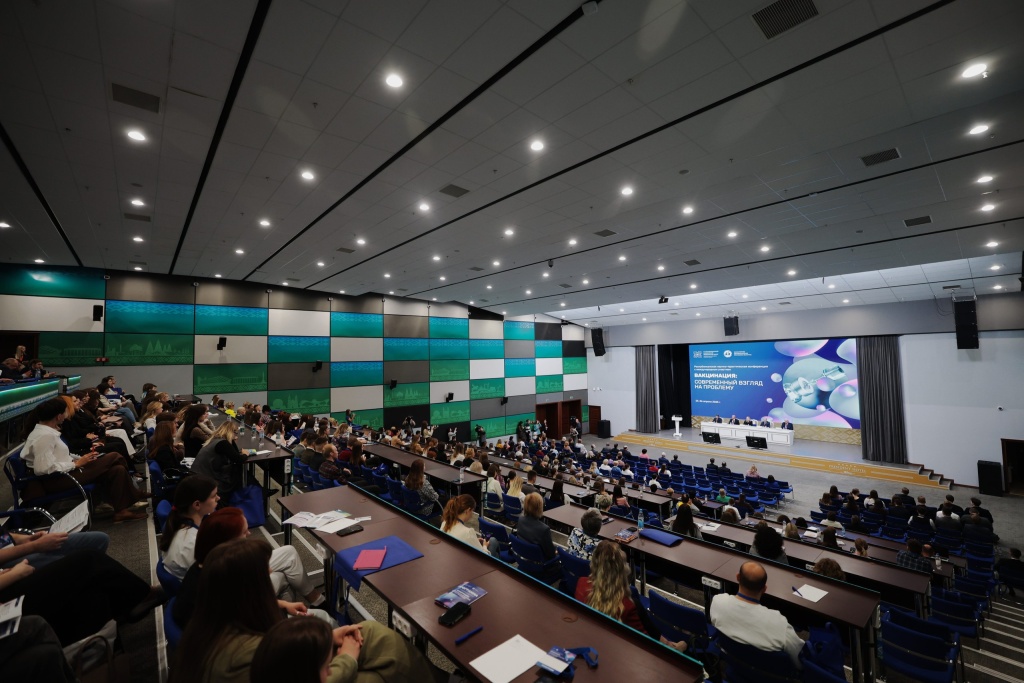
Special mention should be made of the active participation of senior medical students and the Biotechnology Department of the Biology Faculty of BSU.
— These are those who in 5-10 years will create new generation vaccines, - emphasized Irina Abelskaya. - Their questions and ideas showed that the future of medicine is in good hands.
Irina Stepanovna also noted the role of young people in projects to popularize medicine:
— Participation in such initiatives as “Start a Heart” teaches schoolchildren kindness and responsiveness. In a difficult moment, they will be able to help those who need it - this is the basis of our future medicine. 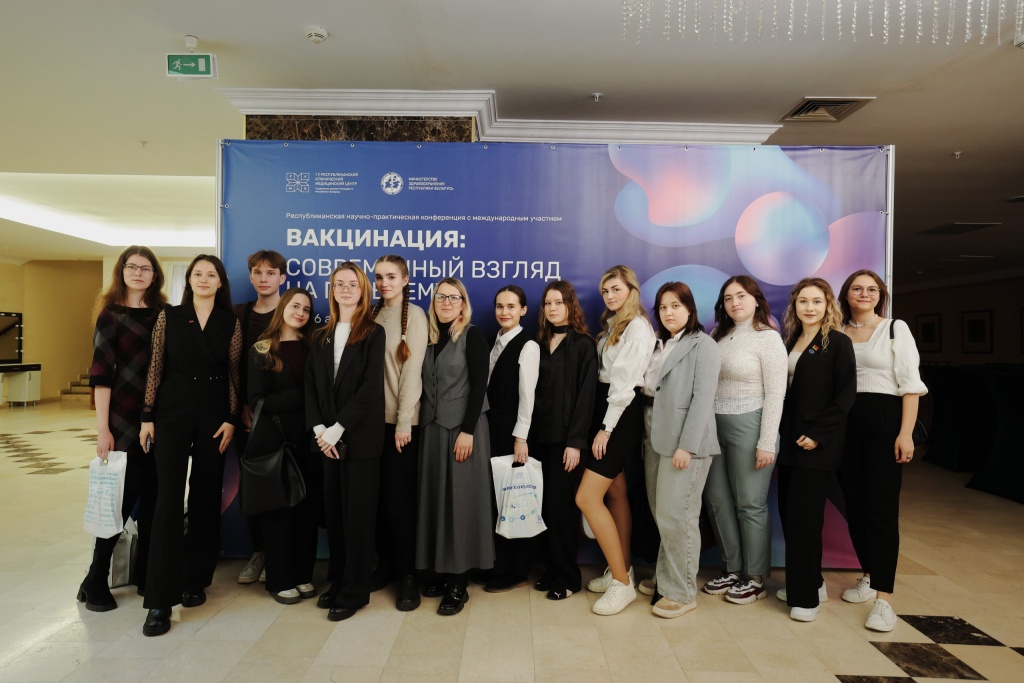
In her speech, Irina Abelskaya highlighted the key areas of development:
— The world is moving towards the creation of not only preventive but also therapeutic vaccines. They will help treat socially significant diseases, from oncology to HIV. We are also talking about new technologies of drug delivery - safe and effective ones .
She also emphasized demographic challenges:
— Older people are vulnerable to “non-cyclical” infections: hepatitis, HIV. Their protection requires adaptation of vaccines and revision of immunization approaches.

— "Doctors of all specialties - from pediatricians to geriatricians - should talk about vaccination. This is not a matter of choice, but a responsibility to the future," summarized Olga Tkacheva.
Irina Abelskaya added a philosophical emphasis:
— Take care of life, your loved ones and the Motherland. May our pulse always correspond to the rhythm of the heart of Belarus!
The Minsk Forum proved: vaccines are no longer just a “shield against infections” - they are becoming a tool to increase life expectancy and quality of life.
Full conference proceedings and video of the two days are here



